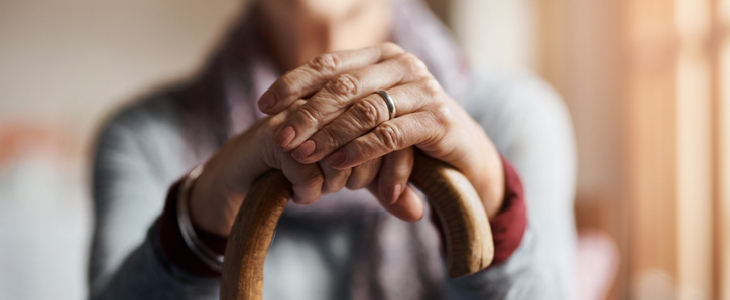We like to think that our loved ones are being cared for if we need to have them in a nursing home. The fact is that while most nursing homes do provide a high level of care to our loved ones, some fall short. Some of the behaviors in these nursing homes might even rise to the level of neglect and abuse.
In Georgia, as in many states, the growing elderly population has led to an increased reliance on nursing homes for care. However, this rise in nursing home use brings with it a concerning potential for abuse and neglect. Recognizing the signs of such mistreatment is crucial for safeguarding the well-being of nursing home residents. These signs can be subtle or overt and may include physical injuries like bruises or bedsores, emotional changes such as withdrawal or agitation, neglect of personal hygiene, unexplained weight loss, and sudden financial discrepancies. Family members, caregivers, and nursing home staff must stay vigilant and aware, understanding that these indicators are not just health concerns but potential red flags signaling deeper issues in the care environment.
Signs of Nursing Home Abuse and Neglect To Look Out For
- Physical Abuse Signs: There can be physical signs of evidence, such as unexplained bruises, cuts, or burns. There may also be frequent injuries, often with the explanation of “accidents.” Another red flag would be signs of restraint, such as marks on wrists or ankles or a resident’s report of being hit, mistreated, or handled roughly.
- Emotional Abuse Signs: Watch out for signs of emotional abuse, such as sudden changes in behavior or mood, withdrawal from normal activities, or fearfulness. There could also be unusual behavior like sucking, biting, or rocking. A resident might even make a report of being verbally mistreated or threatened.
- Neglect Signs: You might notice your loved one has poor personal hygiene, including unwashed hair, dirty nails, or clothing. The facility may not seem to be attending to health problems or the need for medical aids, such as dentures, glasses, or hearing aids. You might observe weight loss, dehydration, or malnourishment without medical cause.
- Sexual Abuse Signs: Some apparent signs would be bruising around the breasts or genital area or unexplained infections.
- Financial Exploitation Signs: You might notice sudden changes in the elder’s economic situation, unexplained withdrawals from bank accounts, changes in wills, power of attorney, titles, and policies, or missing items or cash from the senior’s room.
Legal Steps to Take in Georgia
- Report the Abuse: Immediately report any suspicion of abuse to the facility’s management. Contact Georgia’s Adult Protective Services or the Department of Human Services. Healthcare Facility Regulation (HFR), part of the Georgia Department of Health, licenses, monitors, and inspects various facilities and services, including hospitals, assisted living facilities, personal care homes, and nursing homes. The division investigates complaints and inspects these and other healthcare facilities.
- Document the Evidence: Record all signs and incidents of abuse or neglect, including dates, times, and descriptions. In addition, take photographs of any physical signs of abuse, like bruises or cuts.
- Seek Medical Attention: Get a thorough medical evaluation to document the injuries and health status of the victim.
- Consult with an Attorney: Consider consulting with an attorney specializing in elder abuse or personal injury to understand legal rights and options. An attorney can guide you through filing a lawsuit if necessary.
You may be able to pursue several civil claims against a nursing home or skilled nursing facility, which would include:
- Negligence (carelessness leading to personal injury, such as excessive bedsores)
- Wrongful Death (lack of care that leads to death)
- Medical malpractice (mistreatment of elderly residents by medical staff)
- Breach of contract (violations of the agreement entered into with the facility.
Remember that legal actions can be civil, criminal, or both. A district attorney or government prosecutor brings criminal cases against nursing homes on behalf of the elderly victim. The government may criminally punish those at fault for the abuse. That means jail time, fines, and the potential suspension or revocation of licenses.
Conclusion
Remember, the key is to act promptly and decisively if you suspect nursing home abuse or neglect. Early intervention can prevent further harm and protect the victim’s rights and well-being. You might consider guardianship or power of attorney if the resident cannot make decisions. Stay involved in your loved one’s care. If it becomes necessary, file a complaint or consider filing a civil lawsuit for damages against the abusers and the facility. Gautreaux Law can advocate for you or your loved one if you find that someone has been the victim of either nursing home neglect or abuse. Contact our office for an initial consultation, and we will take the proper steps to ensure the rights of your loved one.



